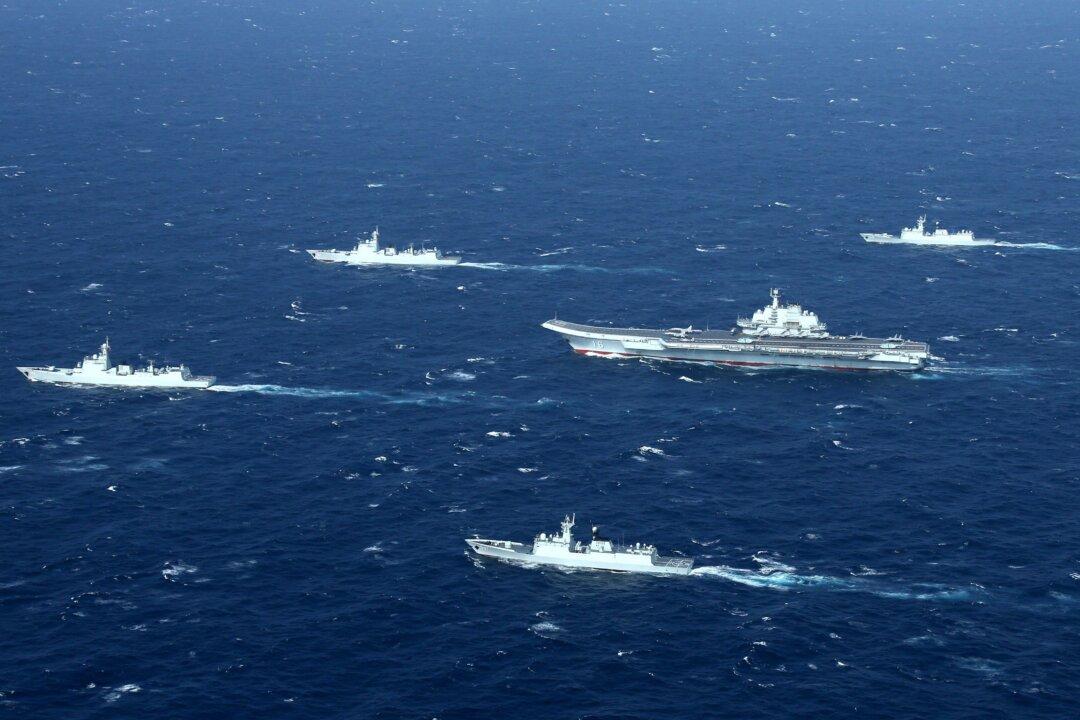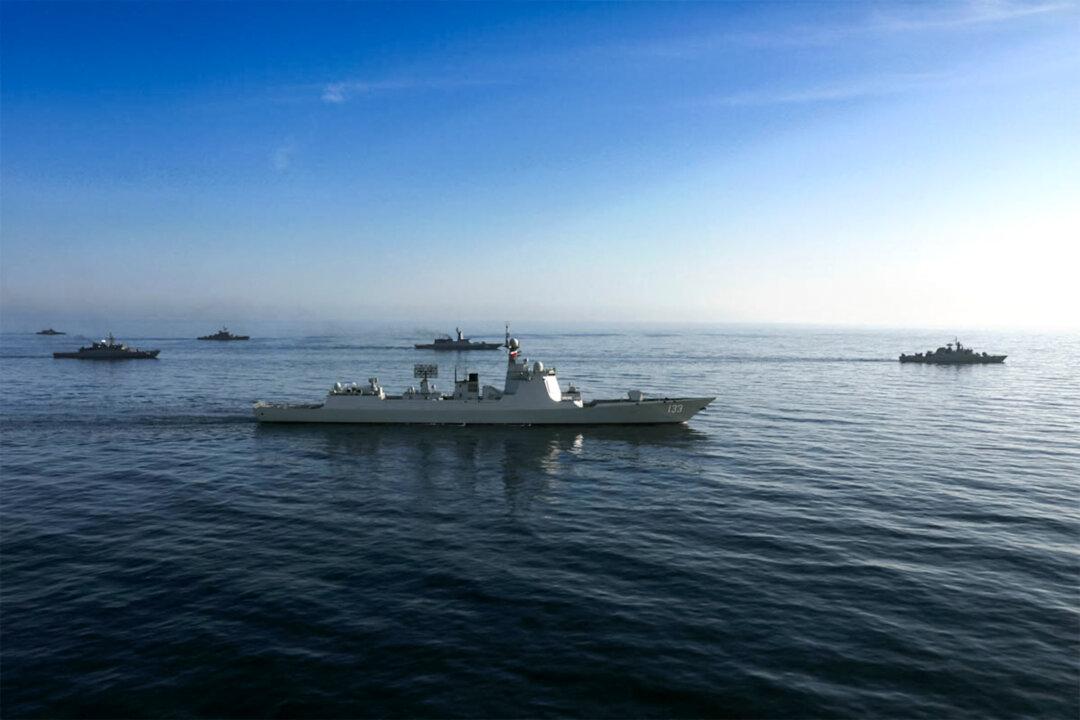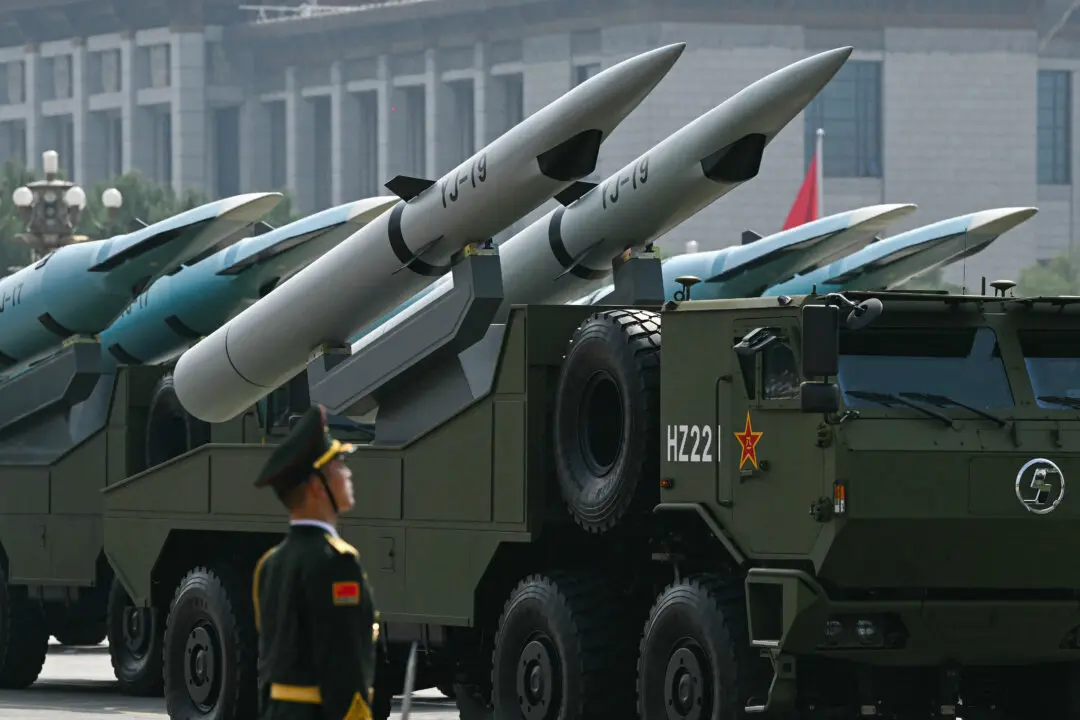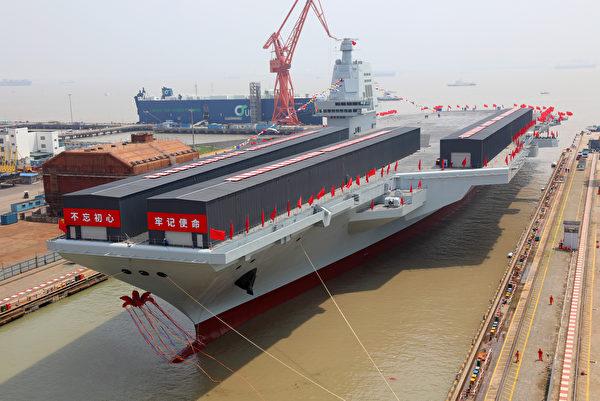Commentary
Amid heightened tensions in the South China Sea, U.S. and Chinese military chiefs held talks on crisis communication via a teleconference on Oct. 28 and 29 last year. A subsequent Chinese report said that China would continue to act consistent with initiating “no conflict or confrontation.” The U.S. Department of Defense also mentioned the Crisis Communications Working Group in a press release on Oct. 29. It was the first time ever that such talks have been held between China and the United States.




